Lively Minds
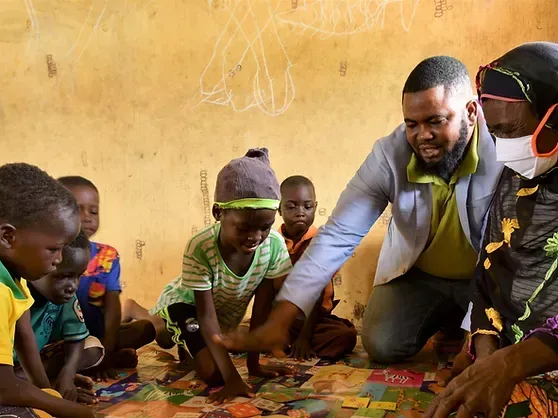
Location
Ghana
Sector
Education
Type of Investment
Grant
Project Stage
Test & Transition and Scale
Length of Investment
2016 - 2024
Website
Investment Overview
Lively Minds works to improve early childhood care and education through integrating low-cost community-run play schemes in government kindergarten services in Ghana. GIF's investment has contributed to evidence generation and enabled Lively Minds support to the government's plans to scale their programme.
The Development Challenge
250 million children in developing countries currently fail to reach their full potential in terms of cognitive development. Although Ghana has made great strides in early childhood care and education (ECCE) in comparison with other African countries, average class sizes exceed 50 and 50% of children in primary grade 2 are unable to read a single word. The Ghana Demographic and Health Survey found that for every 100 children who entered kindergarten, only 16 transitioned to senior high school. Prior research suggests that encouraging psychosocial stimulation at an early age can generate long-lasting improvements in children’s outcomes. The challenge is to set up models of parental engagement and early education services that can operate cost-effectively at a large scale.
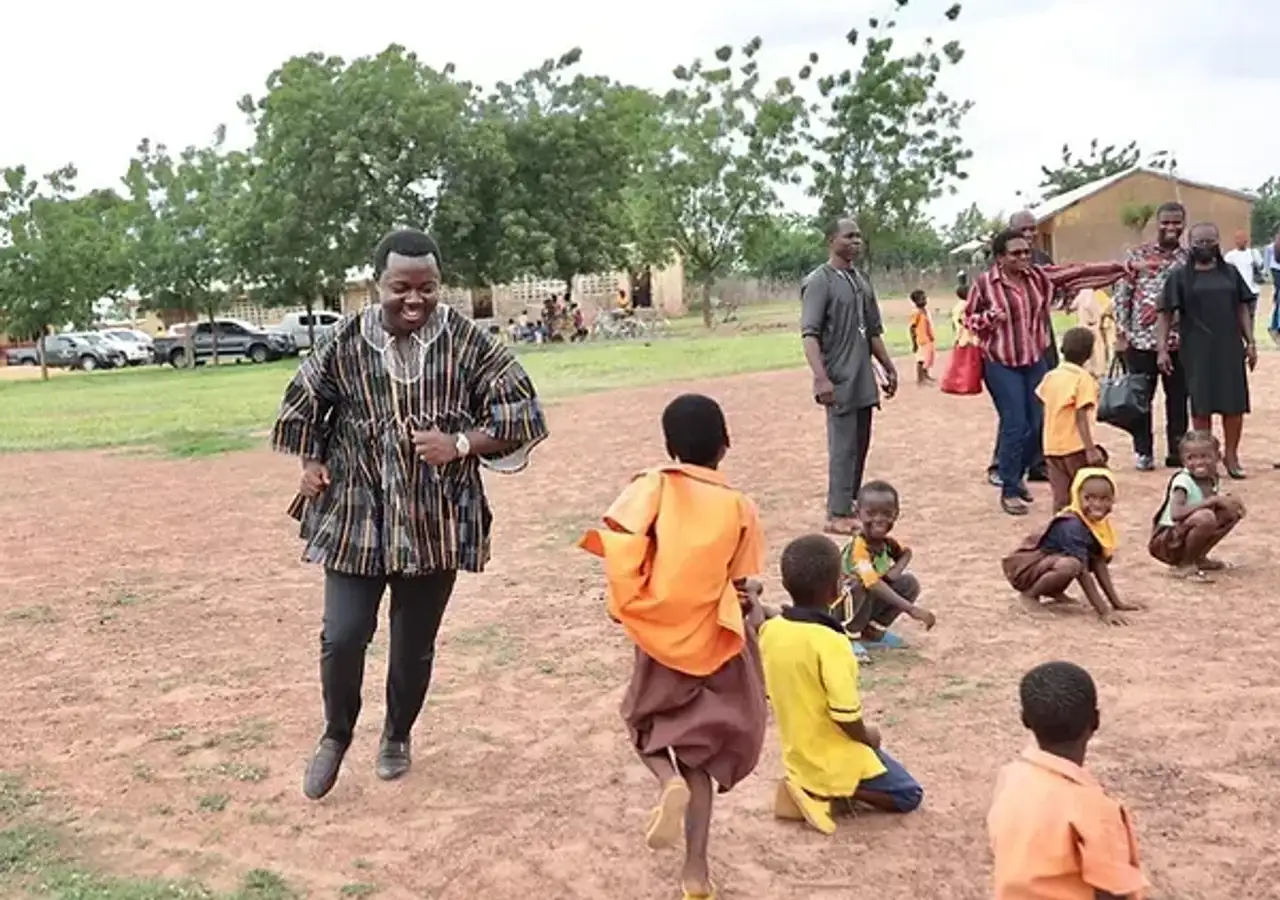
The Innovation
The Lively Minds programme addresses this challenge through a scalable model through which government staff are supported to train teachers and community members on how to run pedagogically informed educational games in government kindergarten schools. The games are designed to encourage the children to act socially, think creatively, solve problems, and learn new skills, including counting and pre-literacy skills. Community members deliver these games in schools on a voluntary basis meaning the programme easily integrates with existing government services at low cost. Parents are also given Parenting Workshops to encourage provision of nurturing care and education at home. In 2020 Lively Minds added a radio component, Lively Minds together, which promotes early childhood care and education as part of a movement to encourage greater recognition of and investment in children.
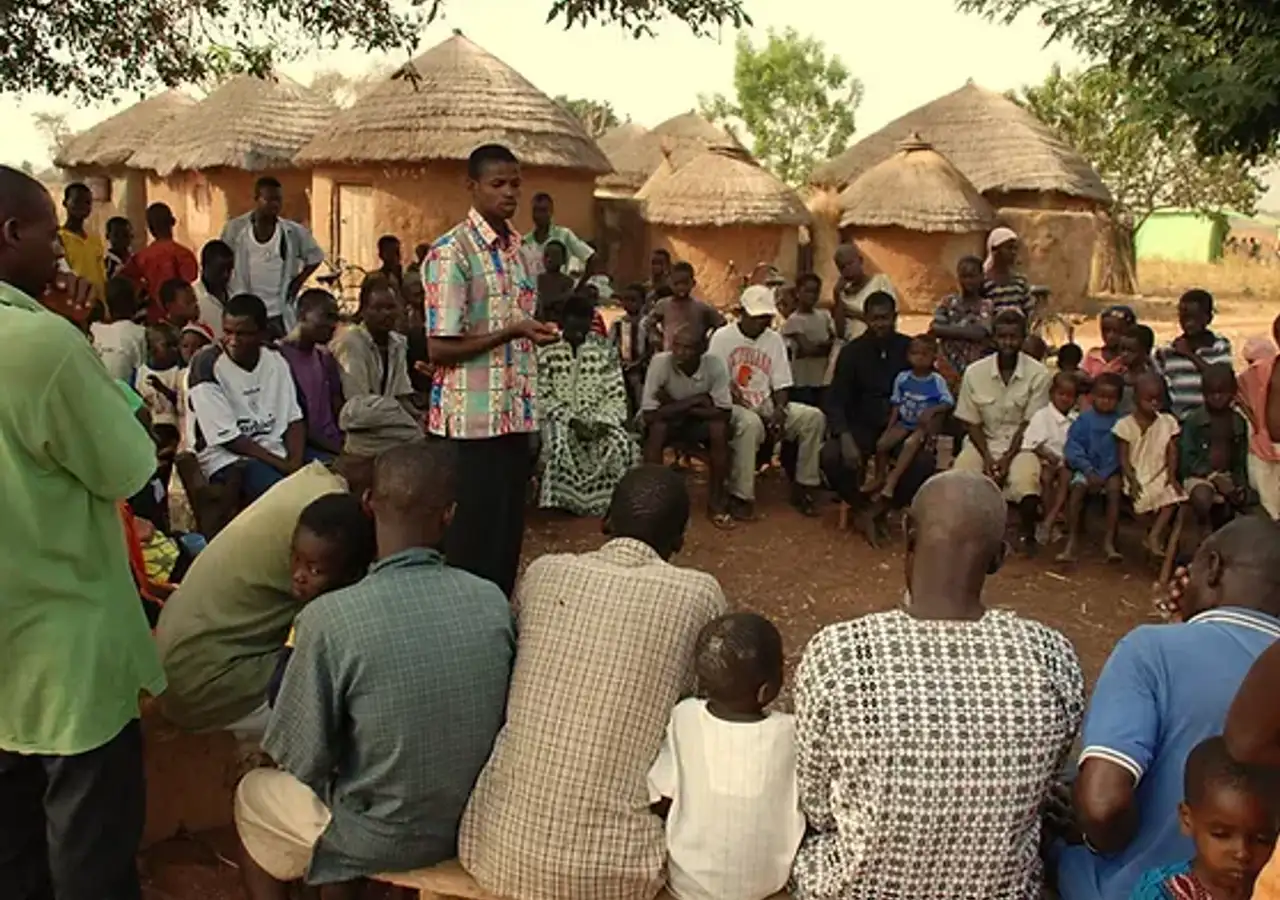
Our Investment
GIF awarded a test and transition grant to Lively Minds in 2016 to expand the reach of its programme to more districts and to work with the Institute of Fiscal Studies to undertake a randomised control trial to evaluate the direct and indirect impacts of the programme. GIF awarded a subsequent scale grant in 2020 after positive evaluation results led to the Ghana Education Service to scale the programme across Northern Ghana as an official government programme. Our investment also supported the development of the Lively Minds Together radio programme, which enabled Lively Minds to support the government to broadcast educational content to parents in local languages during the COVID-19 pandemic.
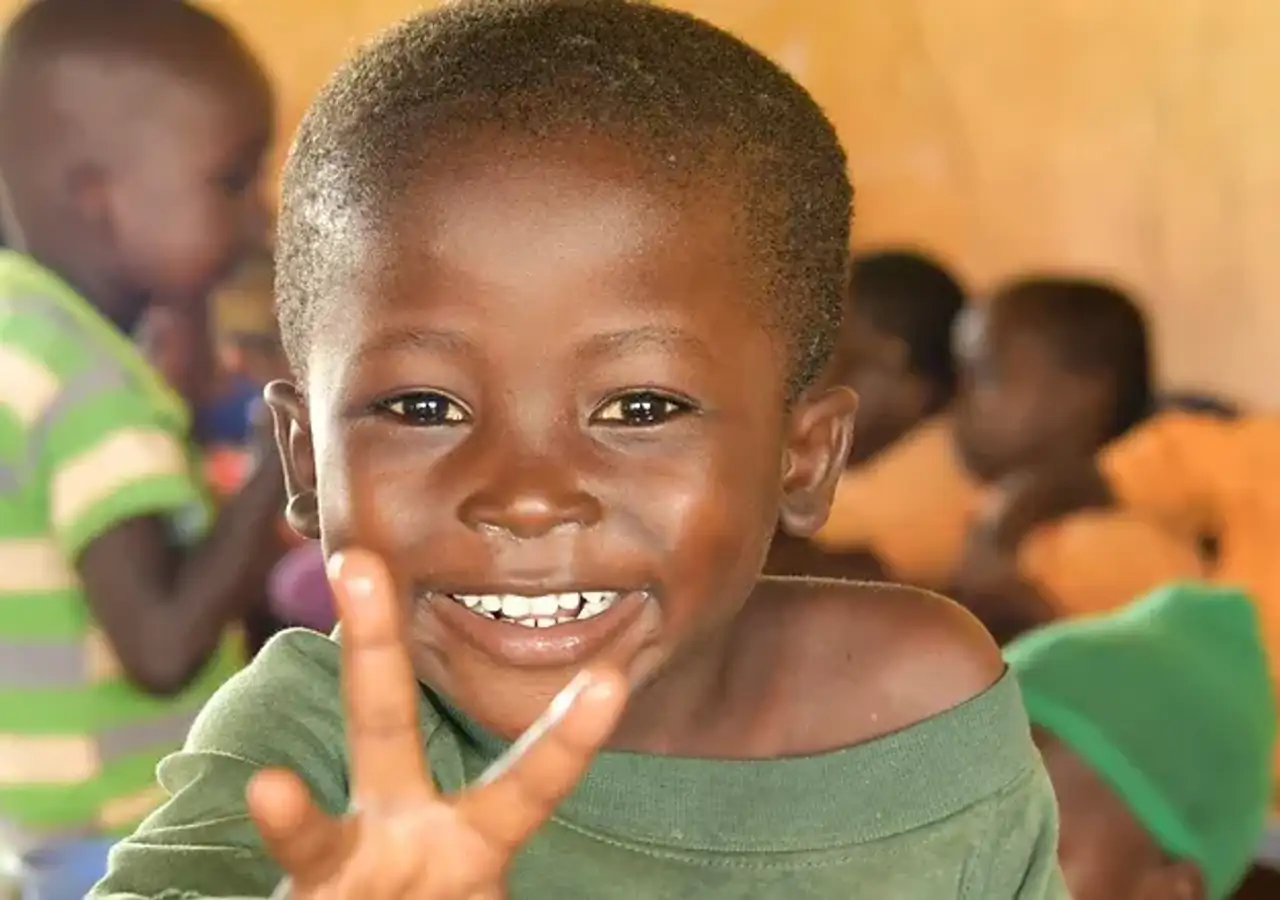
Progress to Date
The GIF-funded RCT showed that the Lively Minds programme improved the school readiness of the children at low cost. This is driven by significant improvements in early understanding of numbers, development of executive function (such as memory and focus), and fine-motor skills such as improved muscle grips. Further improvements included a reduction in conduct problems and hyperactivity. The Lively Minds programme is particularly successful in raising cognitive abilities for children coming from poorer households. In addition, the programme improved parental knowledge about child development and pre-school quality. Parents spent more ‘productive’ time with their children and were more likely to practise productive teaching strategies.
By 2023 the scale up had progressed to the first 34 districts. More than 6,000 teachers and 60,000 community members had been trained, with more than 250,000 children taking part in Lively Minds Play Schemes.
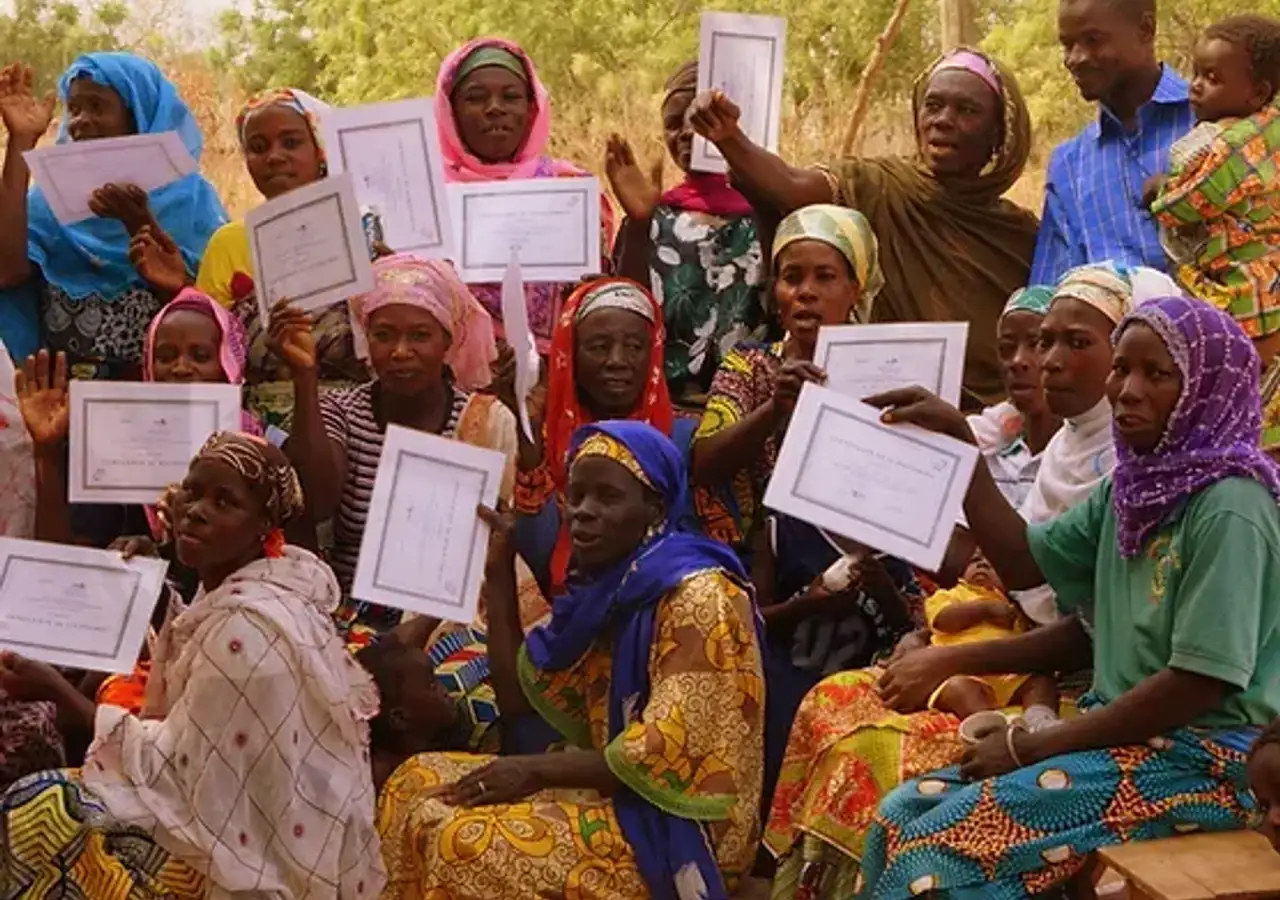
Lively Minds in numbers
Evaluation suggests that the impact of the Lively Minds programme was equivalent to 1.7-2.5 years of additional schooling per $100 spent.
Children participating in the Lively Minds programme once current government scale-up is completed in 2025.